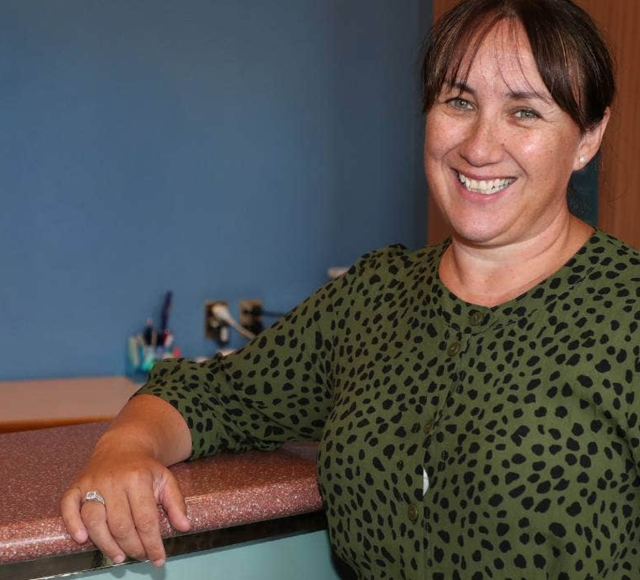
An employee market and competition between regions are key contributing factors to Southland employers being able to find staff, the findings from the research shows.
Findings from the Southland Murihiku Employers Workforce Research 2023 released this week shows that 85% of businesses who participated were recruiting at the time, over 70% saying that it was challenging to recruit staff and 64% were looking internationally to fill vacancies.
To view the research click here
The research, facilitated by a working group to inform the Beyond 2025 Southland Regional Long Term Plan, sought to better understand the opportunities and challenges Murihiku Southland businesses were facing with recruiting and retaining staff.
More than 140 businesses responded to an online survey in October 2022 and one-on-one interviews were carried out with the region’s largest employers in February this year.
Working group chair Angee Shand said in a sense there were no surprises in the research findings.
“Really it confirms what we were hearing anecdotally – that employers are finding the current environment very challenging and are having to be creative to fill roles and continue operations”.
The research shows many businesses are already employing people over the age of 65, either full or part time.
“What is worrying is that some employers are having to work longer hours or reduce their services to be able continue operating,” Mrs Shand said.
Some employers noted that perceptions of Southland as a place to live were impacting on being able to attract staff from elsewhere in New Zealand.
“We have to remember that we are competing with other regions in New Zealand who are also struggling with worker shortages.
We need to showcase the extraordinary lifestyle that’s available here in Murihiku and be active in attracting people to live and work here”, Mrs Shand said.
Significant workforce shortages were being found in engineering, healthcare, the primary sector and hospitality.
The research showed that businesses are keen for improved relationships with secondary and tertiary education providers to meet skills shortages and gaps, with 66% of businesses identifying they were willing to be, or were already, Gateway employers (a work placement initiative for senior school students).
Suitable housing was also mentioned by 52% of businesses interviewed as being a challenge in recruiting staff. A lack of rental accommodation or available accommodation not being appropriate to need was compromising recruitment efforts.
The research was commissioned by Beyond 2025 Southland, Southland Business Chamber, Great South and the Southland Murihiku Regional Skills Leadership Group (RSLG) with the insights feeding into their current and future work.
This research will be key input into the Beyond 2025 Southland Plan, to be released at the end of this month, which is aimed at creating a shared future vision and pathway for Murihiku. It coincides with the upcoming release of the RSLG’s 2023 Regional Workforce Plan update, which focuses on the labour market challenges and opportunities facing our region.



